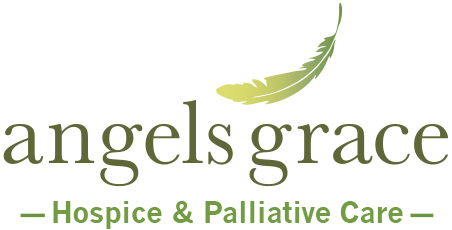Benefits of Hospice
Transcript:
Hospice is covered by Medicare and private insurances. We work on Medicare benefit periods. Once you’re deemed eligible for hospice, it’s an ongoing evaluation of your hospice care needs and qualifications. We do accept private insurance and we follow the same guidelines that Medicare puts forward. There are no out of pocket costs for hospice care. We either bill Medicare directly or your private insurance, and we do not bill for the additional co-payments for hospice care. In addition to your care from a team, a team of nurses, physicians, nursing assistants, social workers, chaplains volunteer, that’s all incorporated into what is covered by hospice care. In addition to that, we have equipment. So specialty equipment that you may need; a special bed oxygen, a special wheelchair, special recliner, those items are also covered within that hospice benefit medications. So if you’re on certain medications that are related to your hospice diagnosis, those are also covered by your hospice benefit, whether it’s Medicare or private insurance and supplies, personal care items, briefs, mouth swabs, pads for the bed. Um, certain mitts or wound care supplies is all covered by hospice.
DNR and Hospice Care
Transcript:
One of the qualifications for hospice is your prognosis and your life limiting expectancy. One of the things we may discuss with you at that time is a do not resuscitate or a DNR order. That can come from your physician or a physician of our own. You do not have to have a, do not resuscitate to be in hospice care, but it is really the objective of hospice care to keep you home, to keep you comfortable, to keep you safe without doing anything aggressive, invasive, or sending you back to the hospital.
Understanding Palliative Care
Transcript:
My name is Jeanne Scheel and I’m a nurse practitioner working with Angels Grace Hospice and Palliative care teams. So palliative care is not hospice care. Palliative care is really for the living. The focus in palliative care is on quality of life management of symptoms, looking at the whole person. The person as a whole. Every aspect of them. Of course, the medical, then we factor in the spiritual, mental psychologic. Um, we also support the family through that. Oftentimes when someone comes to palliative care or is referred to palliative care, it may be the first time that they’ve actually addressed the seriousness of their chronic illness or acute illness. If they had a stroke, if they have cancer, um, the beauty of palliative care is that they continue to go through their treatments, and we just add on that extra layer of care. We look at where the person is at, right then not looking at what they can’t do any longer, but what they can.Read more“Understanding Palliative Care”

